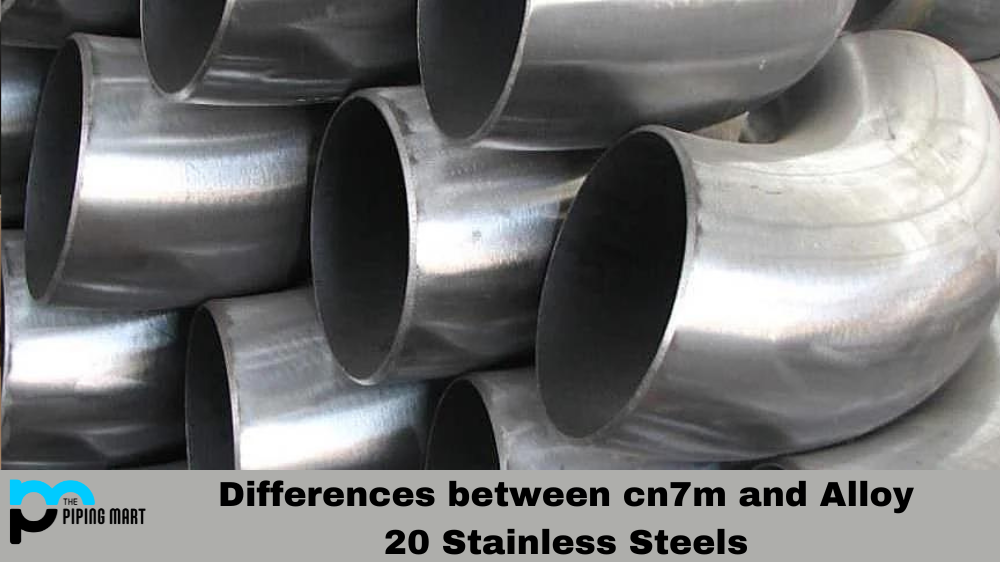When starting a project, choosing the right material for your design is crucial, and one of the essential decisions to make is whether to use beryllium copper or brass materials. Both materials have strengths and weaknesses, making determining which one to use challenging. In today’s blog post, we will walk you through the features of these materials and help you select the right one that fits your project.
What is Beryllium Copper?
Beryllium copper is an alloy of copper and beryllium with exceptional strength, hardness, and resistance to wear, fatigue, and corrosion. It is five times stronger than traditional copper, making it an excellent material for applications that require high strength, such as springs, contacts, and connectors. It also has excellent thermal conductivity, electrical conductivity, and machining properties, making it versatile for various applications. One downside of beryllium copper is that it is expensive and has toxicity issues if handled incorrectly.
What is Brass?
On the other hand, brass is a copper and zinc alloy with excellent forming and machining properties. It is an aesthetically pleasing material easily polished to a shiny finish, making it suitable for decorative applications. Additionally, it is readily available, affordable, and corrosion-resistant, making it an ideal choice for plumbing fixtures, decorative fittings, and musical instruments. However, brass has lower strength, durability, and wear resistance than beryllium copper, making it unsuitable for high-strength applications.
Difference Between Beryllium Copper and Brass
Cost
Luxury is more affordable, whereas beryllium copper is more expensive. However, in some cases, the performance benefits of beryllium copper may outweigh the cost of its brass counterpart, making it a more cost-effective choice in the long run.
Safety
Taking safety precautions when handling beryllium copper is vital because of its toxicity. Beryllium copper can pose health risks compared to brass if not handled correctly. Therefore, following the safety guidelines when working with beryllium copper is crucial to avoid health hazards.
Composition
One of the main differences between beryllium copper and brass is their composition. Beryllium copper contains copper and beryllium, while brass contains copper and zinc. This difference in composition gives each alloy different properties.
Properties
Due to their different compositions, beryllium, copper, and brass have different properties. Beryllium copper is stronger and more conductive than brass, while brass is more corrosion-resistant than beryllium copper.
Uses
The different properties of beryllium copper and brass make them suitable for different uses. Beryllium copper is often used in electrical applications, while brass is often used in plumbing applications.
Conclusion
Choosing between beryllium copper and brass materials for your project depends on various factors, including usage, performance, cost, and safety. By understanding the strengths and weaknesses of each material, you can make an informed decision that best fits your project’s needs. Beryllium copper is the best choice if you need a high-strength, fatigue-resistant, and wear-resistant material that can handle harsh environments and ensure optimal reliability. Brass is the right choice if you need an affordable, easily machinable, and aesthetically pleasing material. Whatever material you choose, remember to prioritize safety, follow the guidelines to ensure safe handling and disposal, and enjoy the success of your project.

Hey, I’m Krutik, a casual blogger expert in the metal industry. I am passionate about providing valuable information to my readers. With a background in engineering and construction, I like playing Cricket & watching Netflix shows in my free time. Thank you for visiting my blog, and I hope you find my information helpful!




